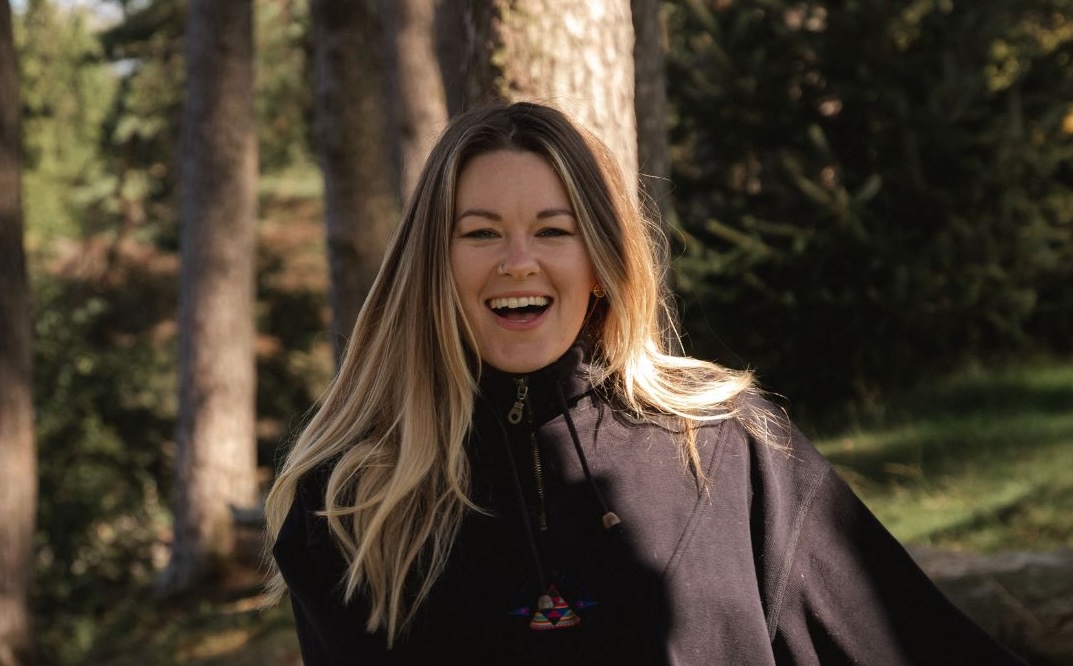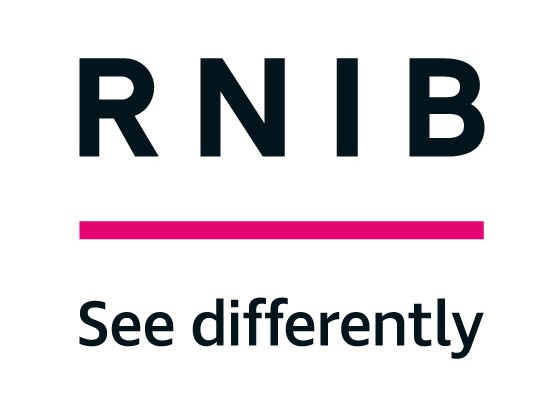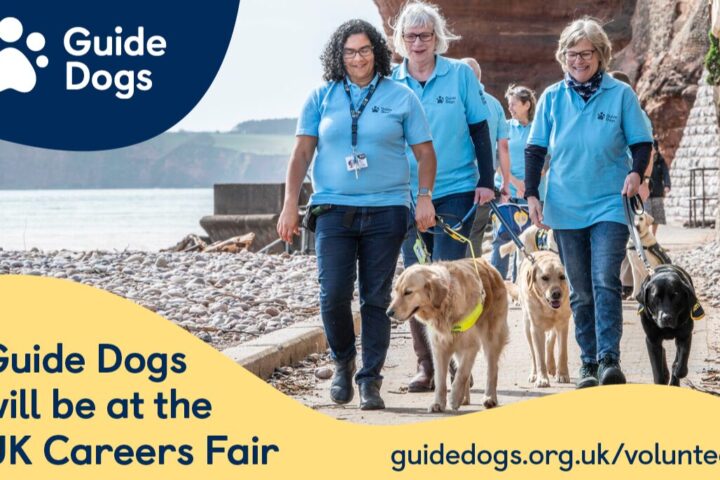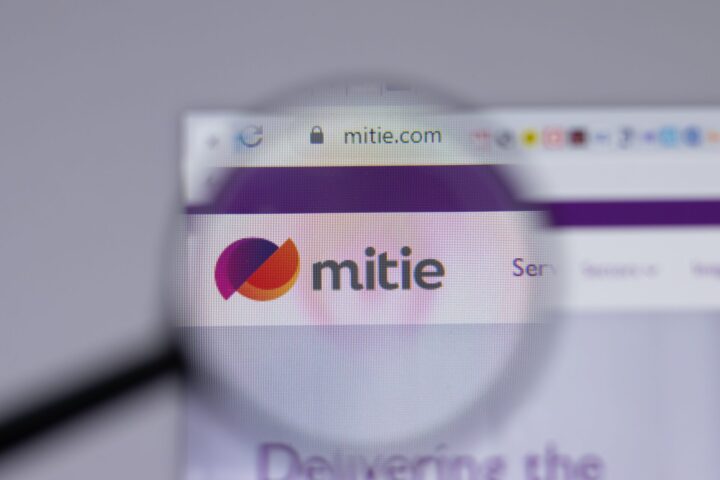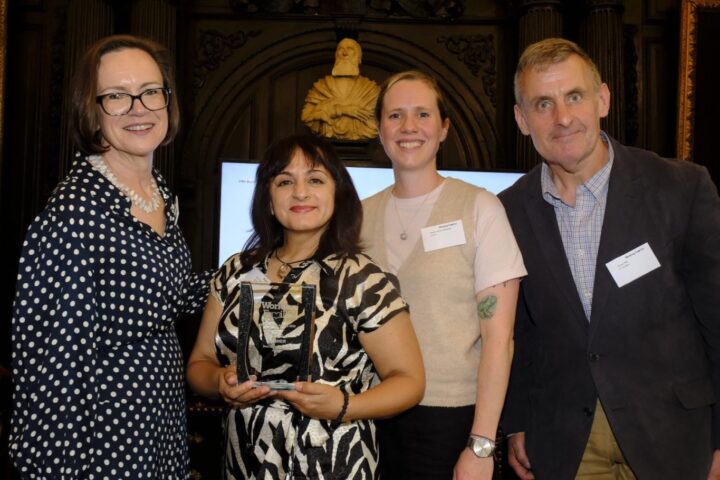We’re beginning to realise how neurodiverse we are. It’s estimated that 20% of the UK population is neurodivergent, and employers need to educate themselves.
They need to talk to their employees and to realise their potential; find out how they best work, in what environment, and under what pressures. Employers need to look at neurodiverse people as having superpowers rather than limitations. Play to their strengths which are often crisis management, empathy, and a good sense of judgement.
Once people know they have ADHD or are neurodiverse, it’s often much easier for them to move forward in a happier and healthier way. I never felt I fitted in before I was diagnosed, which led to what’s known as ‘masking’ symptoms and behaviour, where you’re hiding how you naturally want to act for fear that it’s not ‘normal’.
This can be really damaging to our ego and sense of self, we need to feel accepted and loved as humans, not having to hide who we really are. Sadly, it’s not often easy to get a diagnosis on the NHS, I know in my area the waiting list was four years when I was looking.
You can get a diagnosis privately – that’s the route I took, and I was diagnosed in 2022. There are plenty of free tests you can take online too, although ADHD assessments have hardly changed in the past 30 years, there’s still very little research on women and girls, and the assessment is all about perceived weaknesses and recommending medication rather than looking at the positives.
Once you know, or think you know you have ADHD, there are lots of things you can do to manage the symptoms. There’s a wealth of herbal remedies out there that are known to help including Lion’s Mane, Ashwagandha and Omega 3. As well as the pillars of any healthy mind and body; sleep, good food, and exercise.
When it comes to exercise, what neurotypical people might not appreciate, is that resting for people with ADHD is being active, so outdoor or active jobs and hobbies are great at managing symptoms.
Meg Holloway is a specialist ADHD coach in the Lake District, Cumbria
Read more in the ‘Navigating ADHD’ series here.

